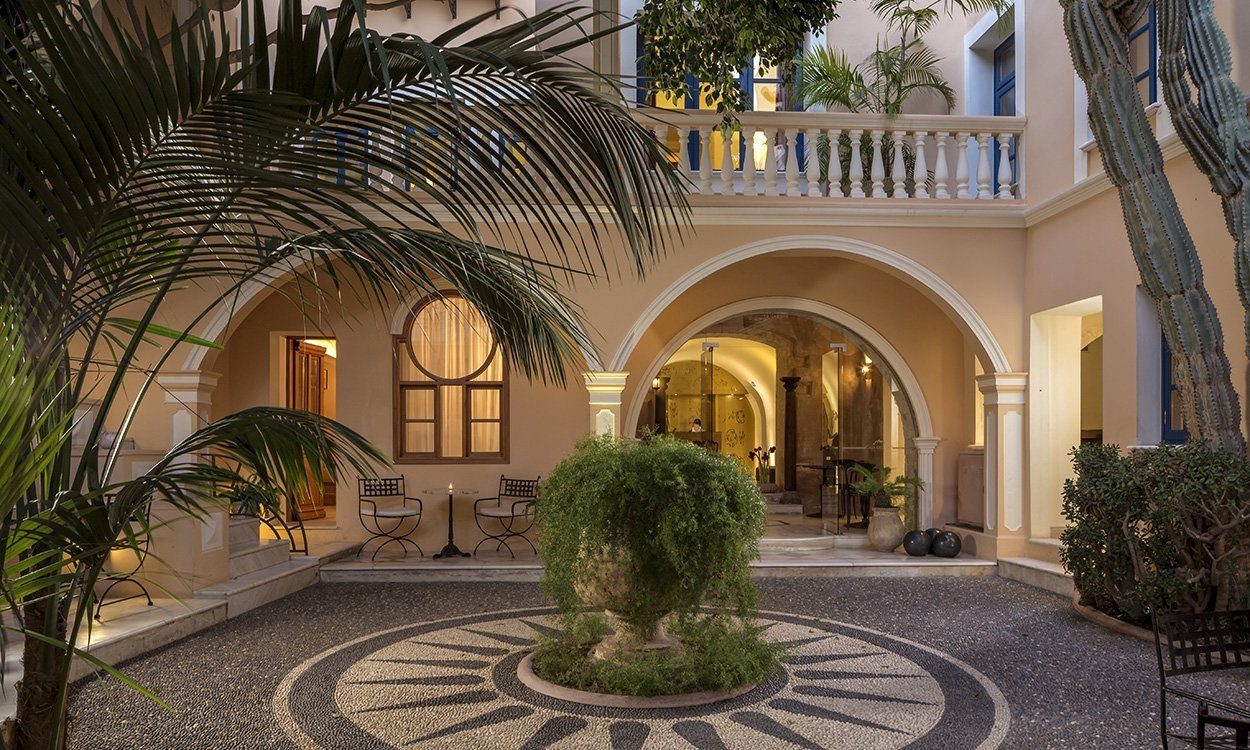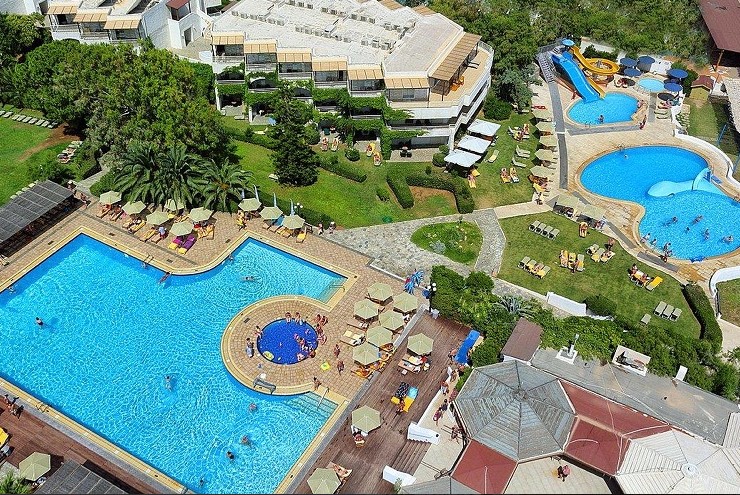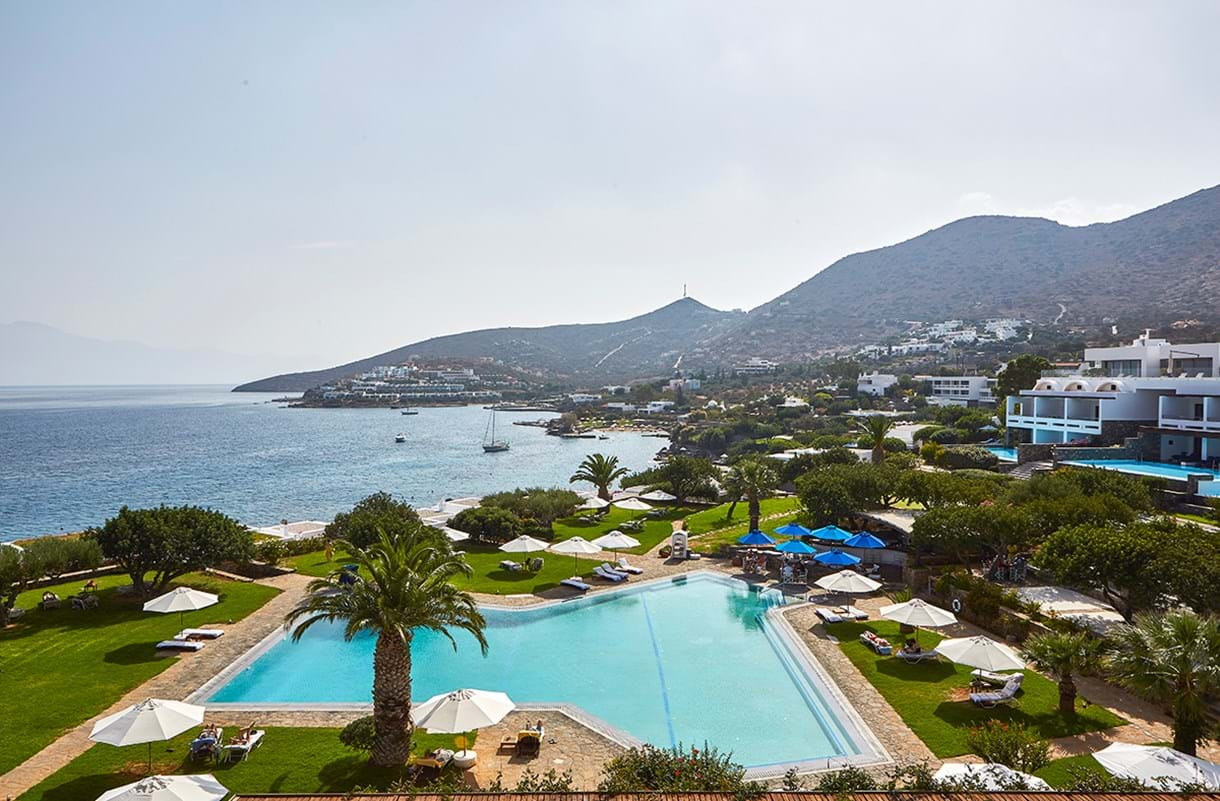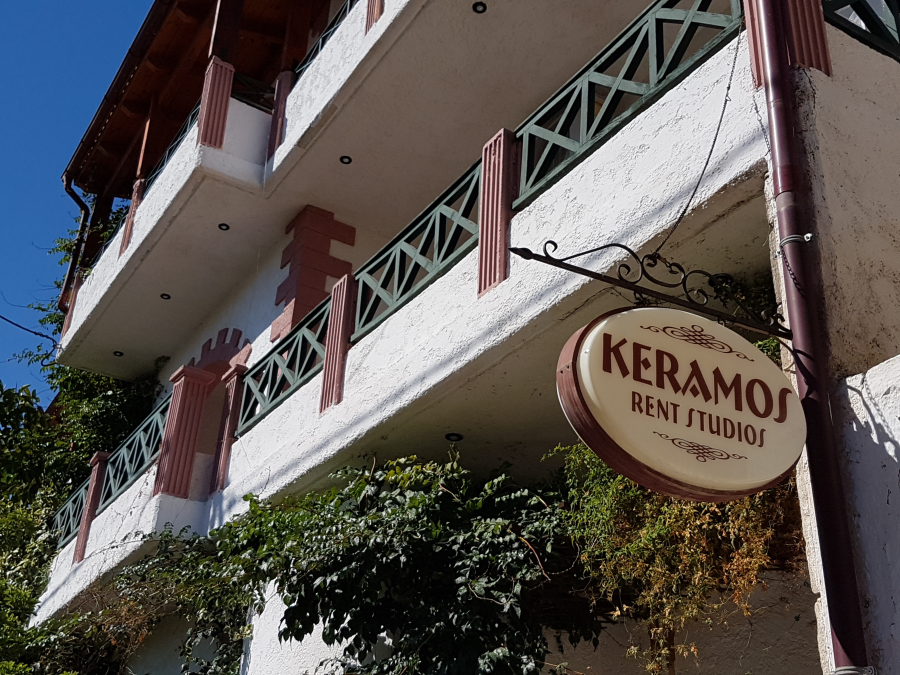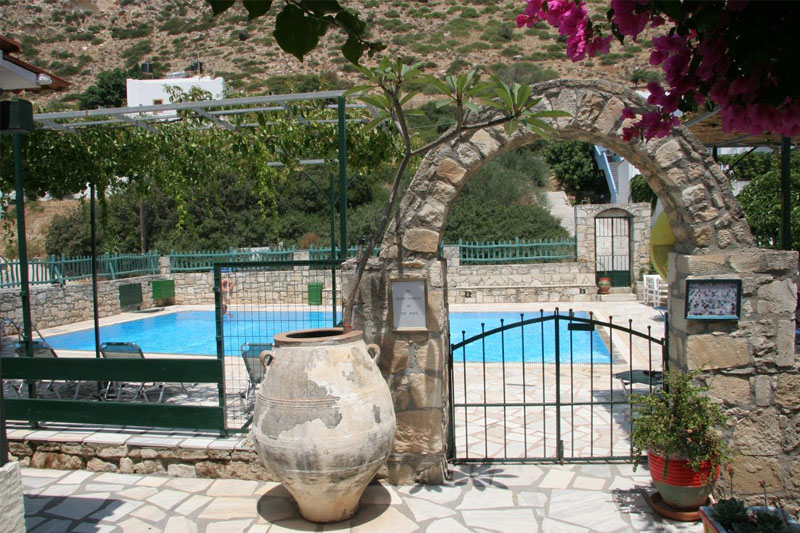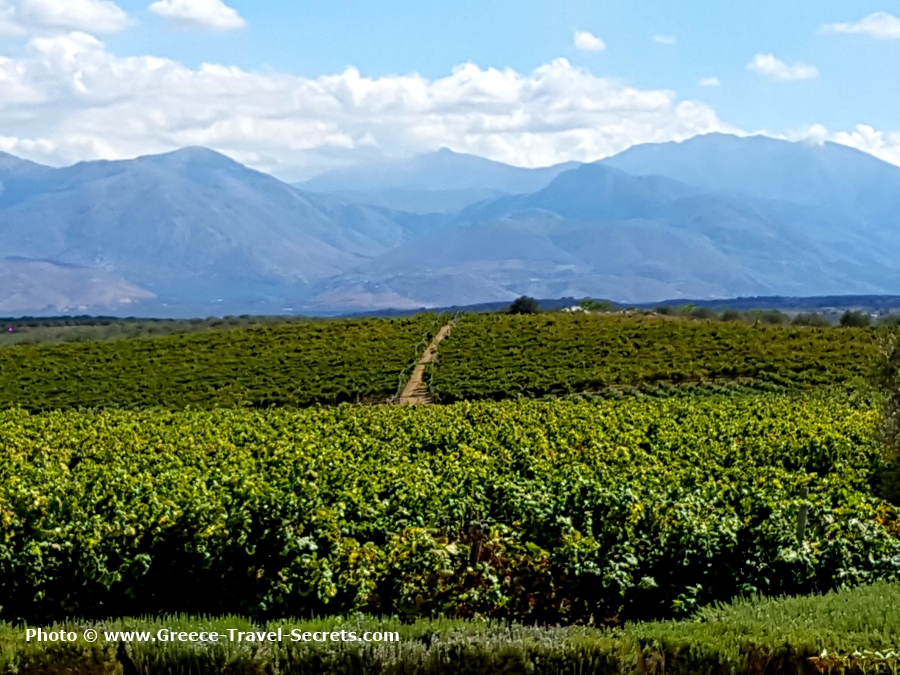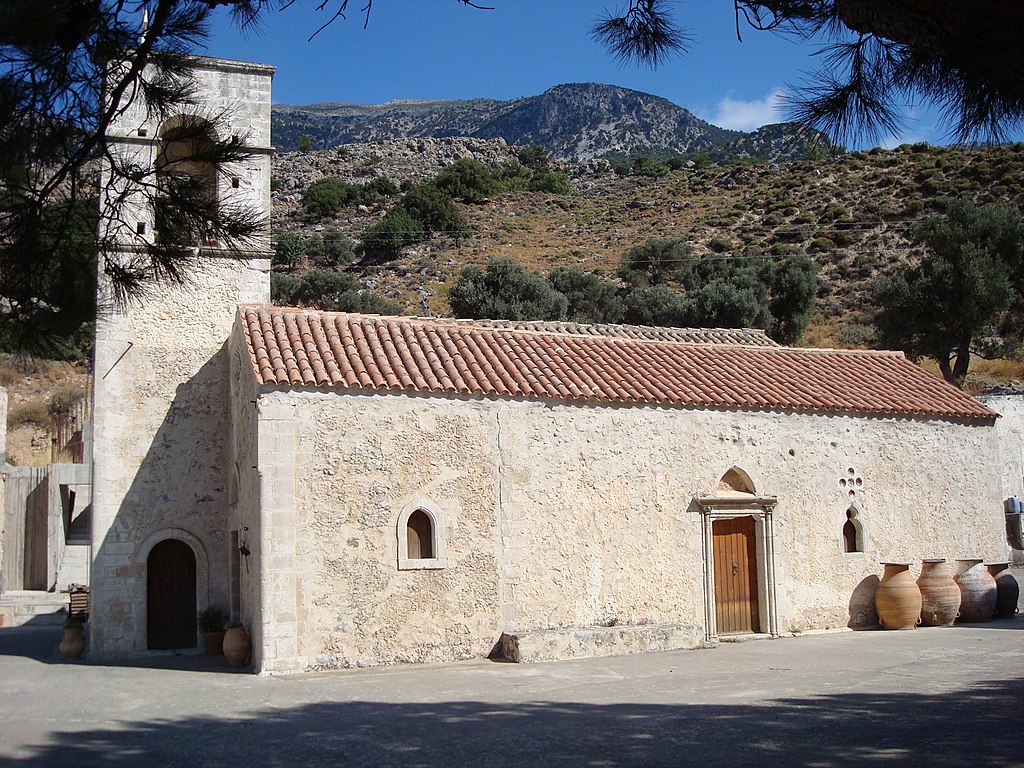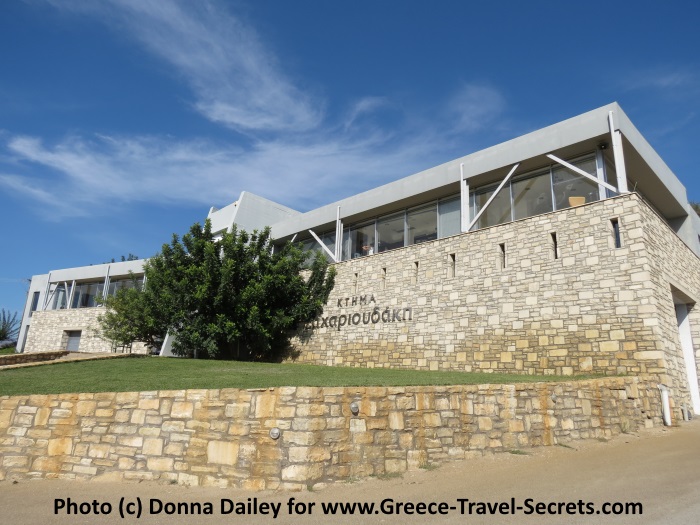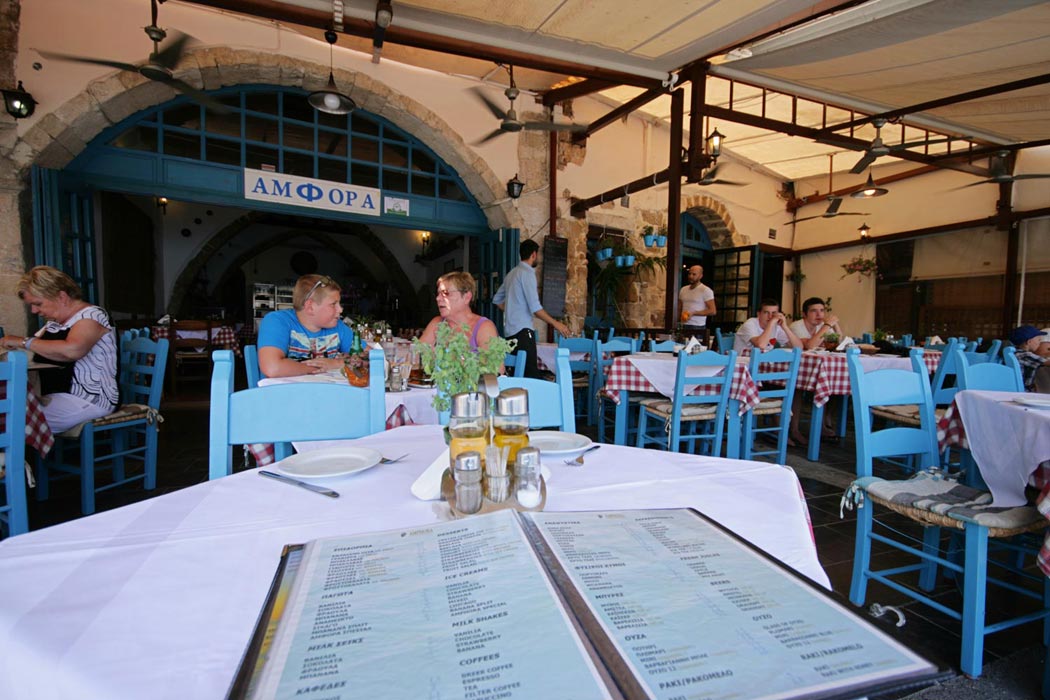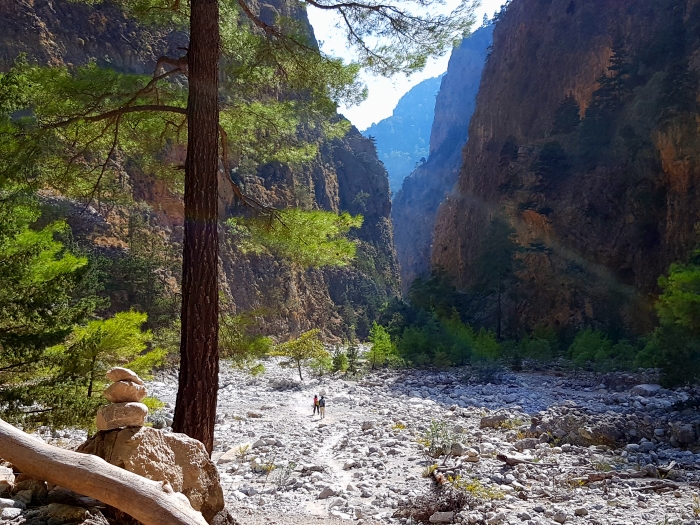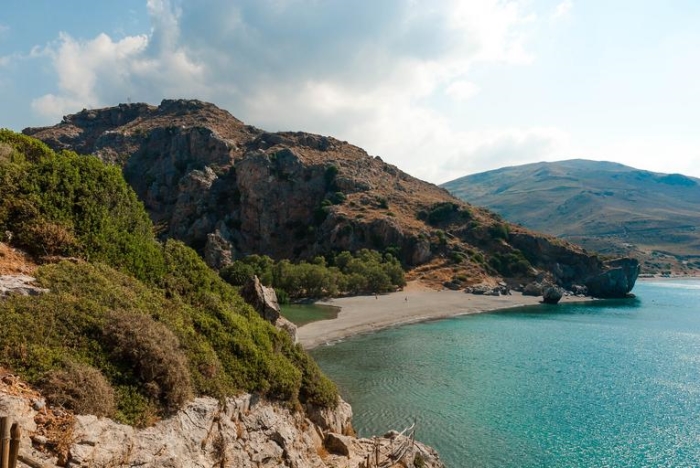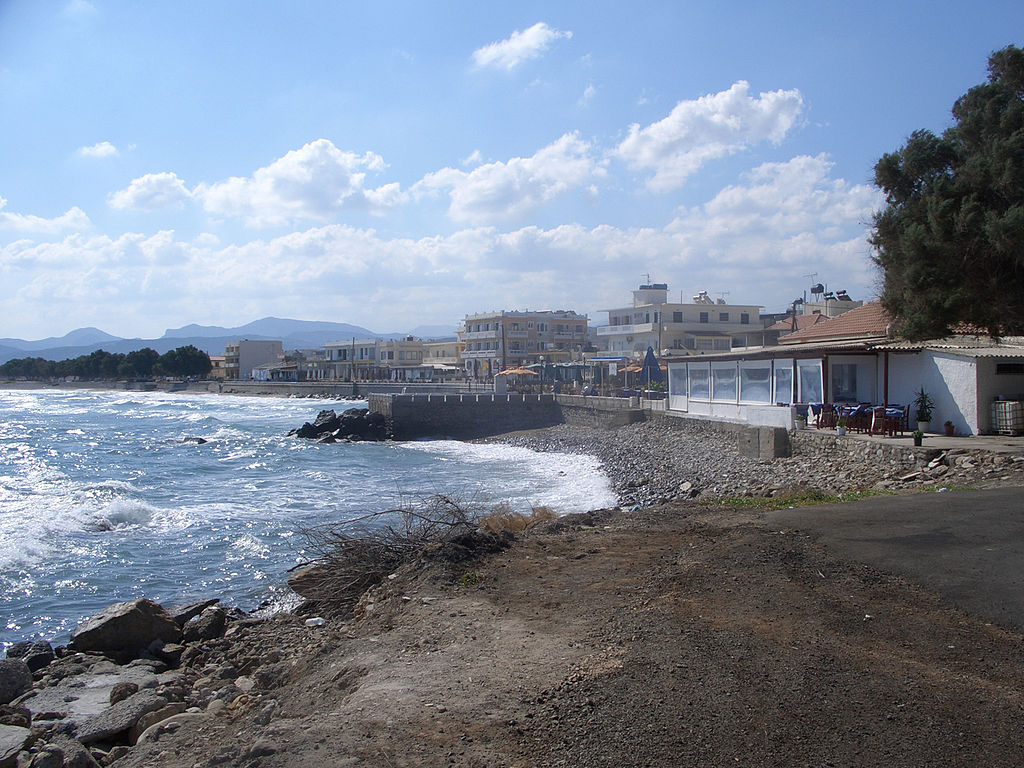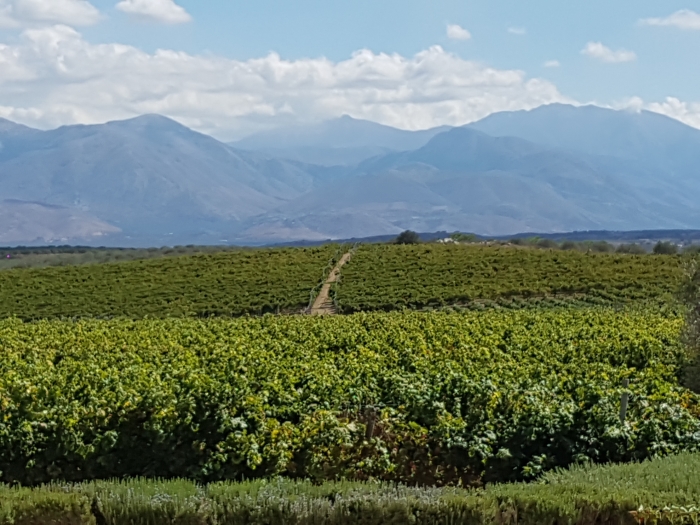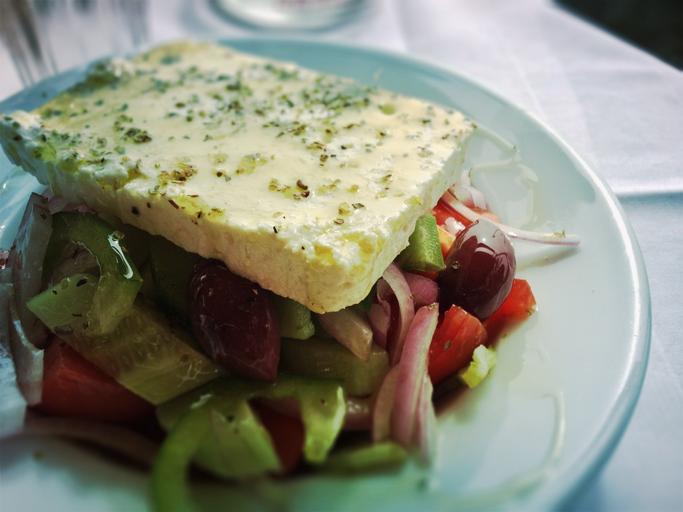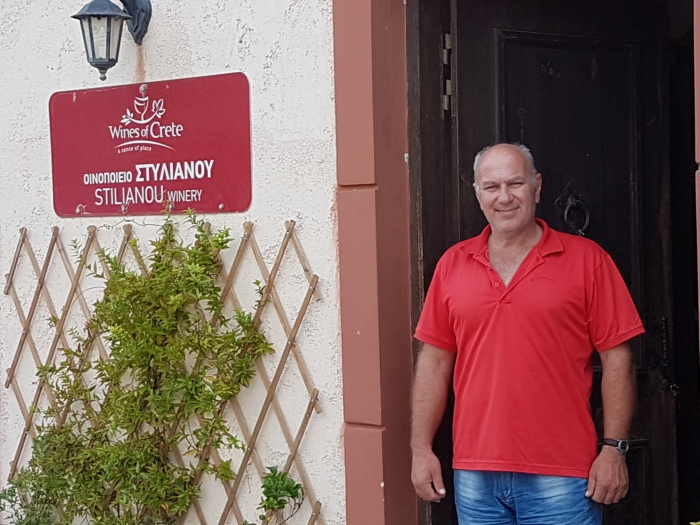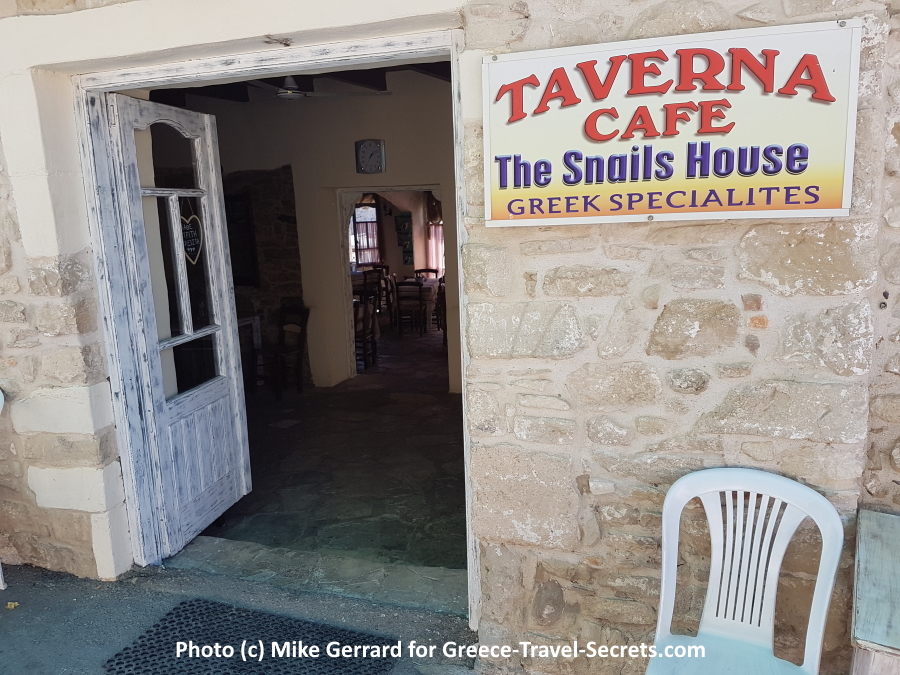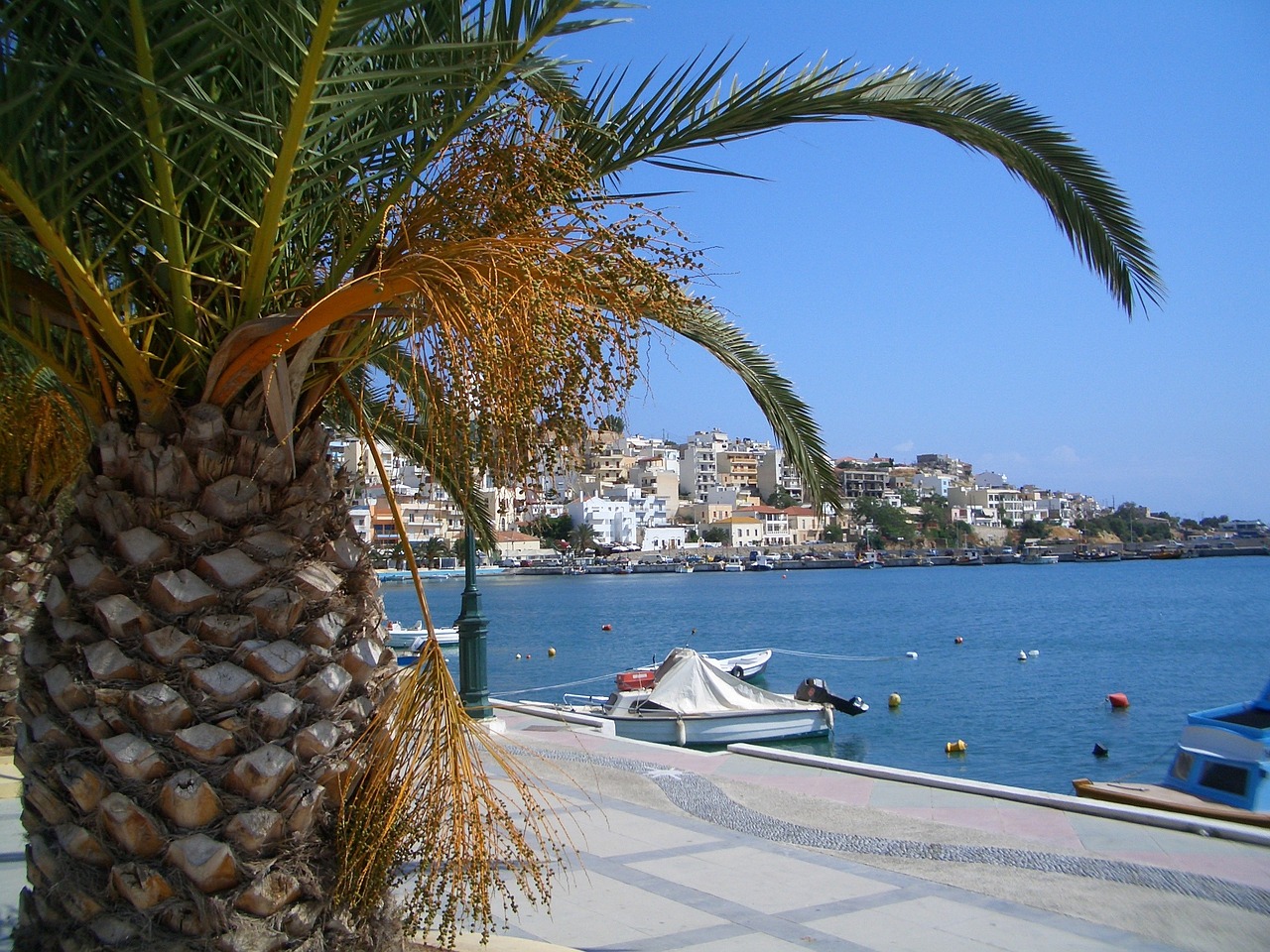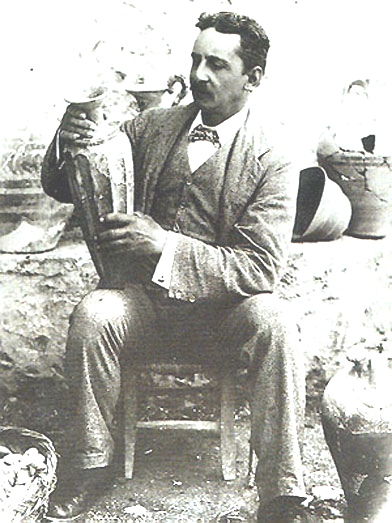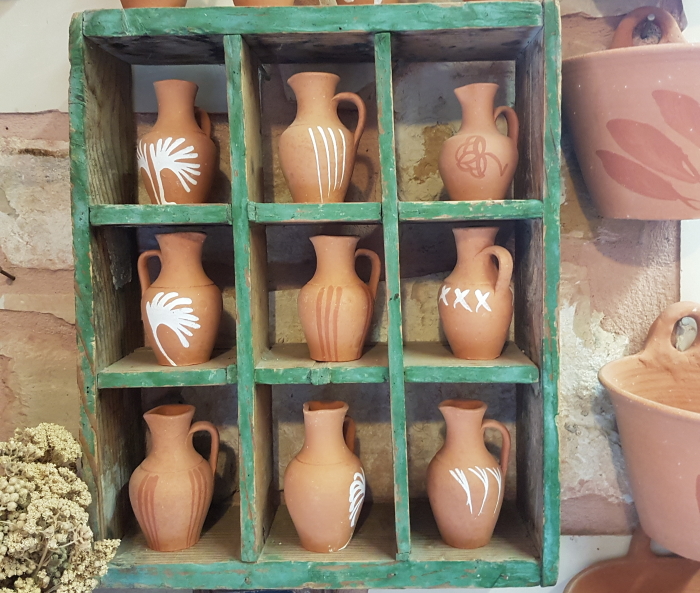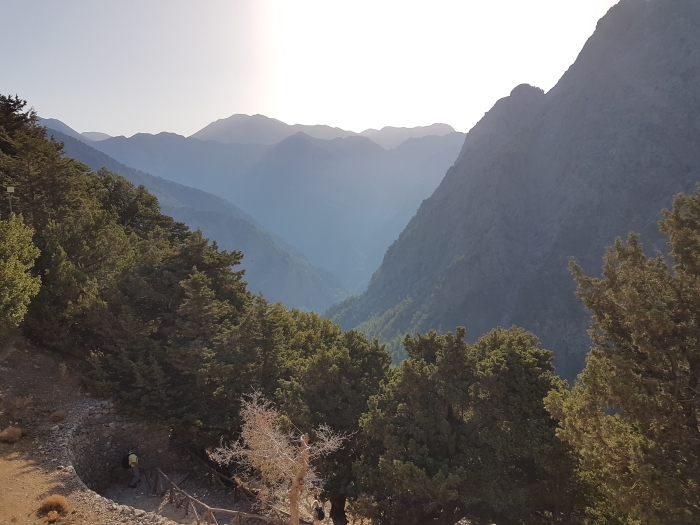The Battle of Crete
The Battle of Crete during World War 2 inspired several books and took place with an airborne invasion over Maleme on the north coast of the island.
The German War Cemetery at Maleme
The events that took place on Crete during World War 2 were among the most dramatic anywhere in Europe, and inspired several books. Notable among these was Ill Met By Moonlight by W Stanley Moss, which tells of the heroic – if not foolhardy - kidnapping of the German Head of Command, General Karl Kreipe, by British and Greek resistance fighters working together. This took place on 26th April, 1944, when Moss, aided by soldier and subsequently travel writer Patrick Leigh Fermor, captured Kreipe and drove him in his staff car through 24 German military posts and away into the Cretan mountains.
The Battle of Crete began with the biggest airborne invasion in military history. So determined was Germany to capture the island that they launched an offensive on 20 May 1941 that turned the skies black with planes and paratroops. Tens of thousands of German soldiers invaded the island, in an event that lives on in the memory of every Cretan, whether alive at the time or not.
The value of Crete was in its size and location. At the time of the invasion some 32,000 Allied troops were recuperating on Crete, having been evacuated from Greece and the other Balkan countries. The Italian army had invaded the Greek mainland in October 1940, and with German help had pushed their way through the country, forcing the evacuation of troops to Crete. Crete's location in the southern Mediterranean, conveniently placed for access to Greece, the Middle East and North Africa, meant it was tactically important.
The British war leader Winston Churchill had described Crete as his island fortress, believing it to be impregnable, and for some time the Allied naval forces succeeded in keeping German forces at bay. It was then that Hitler took to the skies.
The Battle Begins
At 6am on 20th May, an initial bombardment began. At 8am, after a short lull, another wave of planes flew over, and at 8.15am the paratroopers began to arrive. Tens of thousands of troops filled the skies, concentrating at first on Khaniá and the important airfield nearby at Máleme. German losses at first were heavy, as ordinary Cretans rushed to help the troops defend their island. Men, women and children, armed with pitchforks, rifles and makeshift weapons, killed many of the Germans as they floated to earth.
Eventually, though, the sheer scale of the invasion proved too much for the defenders. After several hours of heroic defence, the Germans seized Hill 107, a strategic position which enabled them to take control of the airfield. After this, German planes were able to land and bring in more troops and weaponry.
By the first afternoon, German troops were also landing at Iráklio and Réthimnon. It took them until 31st May to capture Réthimnon, but by then the Allies were in retreat, across the White Mountains, down the Imvros Gorge and were being evacuated to Egypt from the little port of Khóra Sfakion.
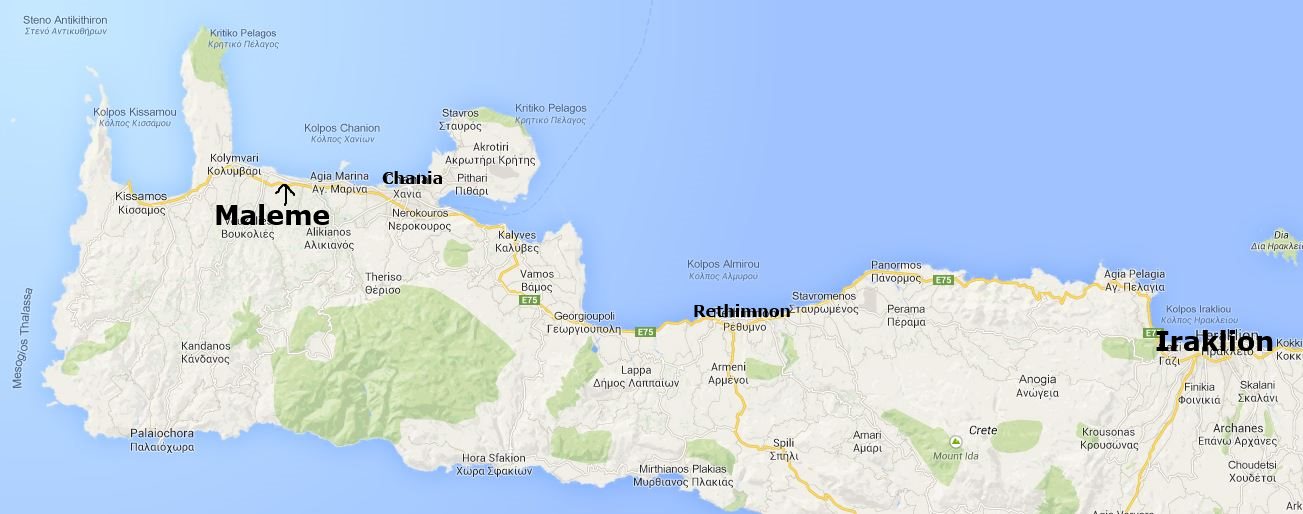
Losing the Battle, Winning the War
Hitler had planned to start his invasion of Russia in April 1941, but needed to throw more troops into the task of capturing Crete. It may have been a decision which cost him the war, as the Russian invasion was postponed until June and his armies had not succeeded in capturing Moscow or Leningrad (as St Petersburg was then called) when the ferocious Russian winter struck.
Hitler ordered his southern troops to attack Stalingrad (now Volgograd) instead. One million German soldiers were killed in this exercise, a defeat from which Hitler's army never fully recovered. Though losing the Battle of Crete, the Allies went on to win the war.
Casualties
Official casualty figures necessarily include estimates, and probably under-estimate the numbers involved. Greek figures are not known, although the German Air Corps recorded taking 5255 Greek prisoners. The Allied Forces reported 1751 killed, but a further 1738 wounded and 12,254 prisoners of war. In addition, the Allied Naval Forces estimate that well over 2000 of their men were killed.
German estimates indicate about 4000 men killed or not accounted for, and another 2600 wounded. It seems likely, therefore, that at least 10,000 people lost their lives during the Battle, and many, many more died during the 1941-45 German occupation of Crete.
Patrick Leigh Fermor
The British travel writer Patrick Leigh Fermor was an Intelligence Officer in the British Army, serving on Crete. After the German invasion he lived in the Cretan mountains for two years, disguised as a shepherd, helping co-ordinate the Cretan resistance. In 1944 he was responsible for the audacious kidnap of the German Commander on Crete, General Kreipe, the story of which is told in Ill Met by Moonlight, written by his fellow conspirator, W.Stanley Moss.
They succeeded in kidnapping Kreipe from the very heart of the German headquarters, spiriting him away to the mountains and eventually taking him off the island to Egypt for interrogation.
Latest Posts
-
Explore Vikos Gorge: Hiking, Rafting, and Food in Zagori
One of the most impressive canyons in Europe and one of Greece’s favorite mountain destinations, Vikos Gorge invites hikers and food lovers alike. -
Lefkada: The First Ancient Theater of the Ionian Islands Comes to Light
The first ancient theater ever discovered in the Ionian Islands is located in the heart of the ancient city of Lefkada, established before the end of the 7th century BC. -
5 Epic Island Hikes in Greece for Spring Explorers
This spring, five majestic peaks across Greece’s islands invite us to lace up our boots and discover a wilder side of island life. -
Greek Ferry Services to Halt on May 1 Due to Labor Strike
Ferries in Greece will remain docked for 24 hours on Thursday, May 1, as the Pan-Hellenic Seamen’s Federation (PNO) joins Labor Day mobilizations announced by the General Confederation of Greek Labor… -
Sifnos: Greece’s Hidden Culinary Star on the Rise
Sifnos, a Cycladic island, is gaining fame for its rich culinary heritage, especially the beloved melopita honey-cheese tart. -
Easter in the Mystical Castle of Monemvasia
In the castle town of Monemvasia, with its dramatic medieval backdrop and sea views, Easter is a deeply spiritual and atmospheric experience. -
Easter in Leonidio: A Tapestry of Light, Culture and Cliffs
In Leonidio, Easter comes alive with handmade hot air balloons in the sky and lanterns made from bitter oranges in the streets. -
The Lesser-Known Traditions of Greek Easter
Step off the beaten path this spring and discover the enchanting — and often surprising — Easter traditions found across Greece. -
April 9 Strike in Greece to Impact Public Transport, Ferries and Air Travel
Transportation and travel across Greece will face disruptions on Wednesday, April 9, as public transport, ferry and aviation workers join a nationwide strike called by Greek labor unions. -
Ancient Theater of Lefkada Brought Fully to Light Following Systematic Excavation
The Greek Culture Ministry has announced that the first ancient theater ever identified in the Ionian Islands has recently been brought fully to light on Lefkada, revealing an impressive monument that…


